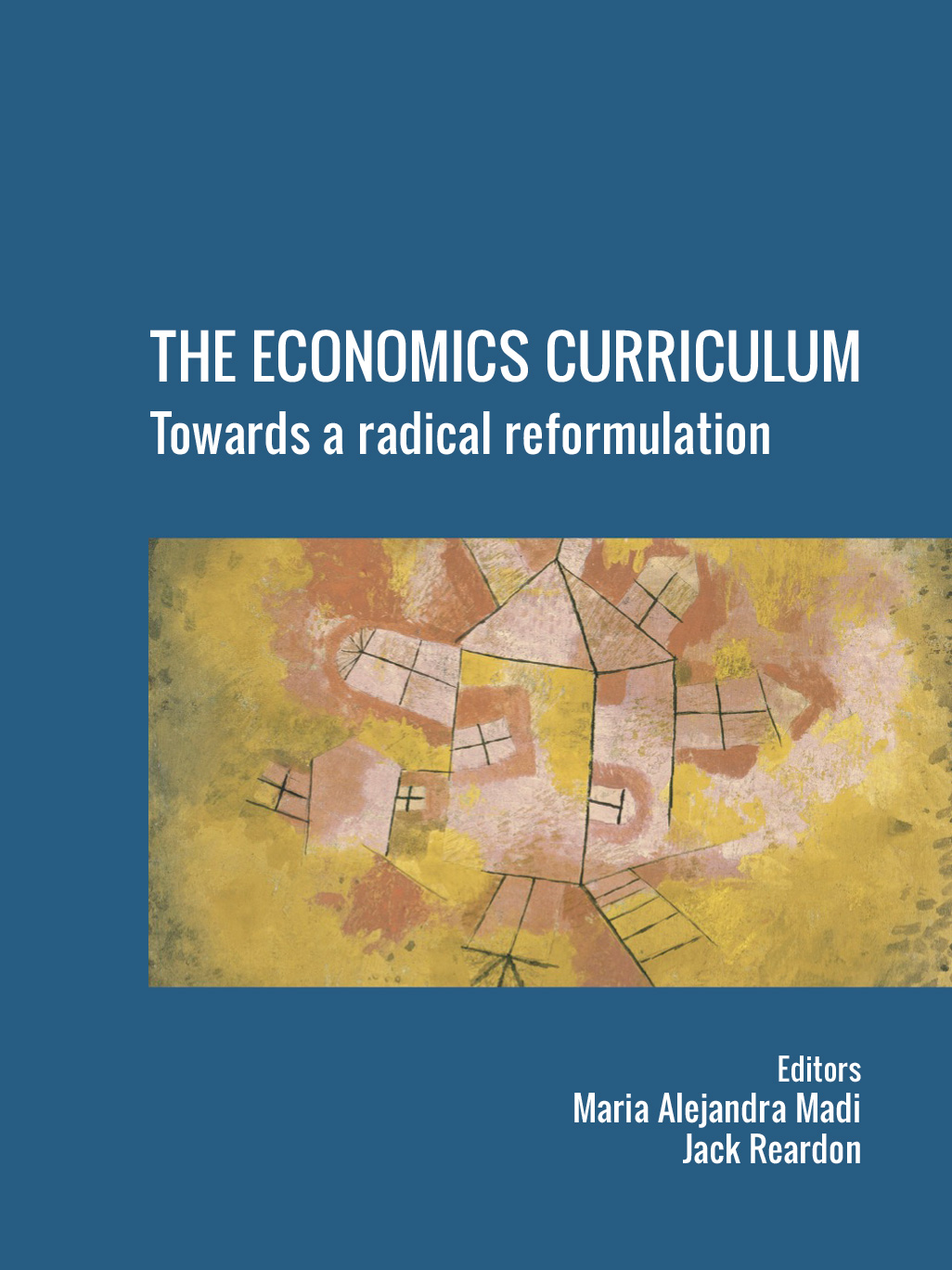Teaching economic policy in Italy

This paper has been included in the publication
“The Economics Curriculum: Towards a radical reformulation”
Abstract
The birth of Economic policy as a discipline not confined to a set of practical rules intended to explain technical procedures of government intervention is rather recent. The discipline emerged in the late 1950s in Scandinavian countries and Italy only when solid foundations indicating market failures and a theory about conditions for policy effectiveness and design had been developed. The paper intends to explain the reasons for its emergence, the circumstances which helped it to be taught in many Italian universities and a few other European ones, the reasons for its apparent setback and some factors that could facilitate its diffusion in the next years.
This paper makes a number of interesting points related to comparative analysis of curriculum in different countries in the context of history of economic thought.
A re-reading of the paper encourages me to raise two extra points.
1. Acocella, optimistically, concludes that the demise of the Lucas critique may give an impetus to the development and teaching of theories of Economic Policy. There are no signs of this yet, but it is reasonable to predict that it might. We shall see.
2. I would like to bring a further element in support of the relevance of the teaching of Economic Policy in Italian universities. In the 1960s when both Acocella and I were studying economics at Rome, La Sapienza University, Faculty of Economics and Commerce, there was one particular institutional element that strengthens Acocella’s thesis. The teaching of economics was traditionally – though not exclusively – embedded in Law Faculties and some of these Faculties had the most prestigious Chairs in Economics such as the one in Rome, la Sapienza. It is as if the academic planners saw the relevance of the legal system and of laws for the proper functioning of the economic system: after all Economic Policy does need laws to be implemented. Thus the institutional element – teaching economics in Law Faculties – went hand-in-hand with the relevance assigned to the study of Economic Policy. Moreover, one specific module in the study of Economic Policy – whatever the Faculty you were studying in – was ‘Scienza delle Finance’ the science of fiscal institutions and policies. In this module – which both Acocella and I took – Fiscal Policy was taught in the context of the Italian legal framework and was integrated with it. It should, however, be noted that the linkages between economics and law in that module were different from the study of law and economics that has developed since Coase.